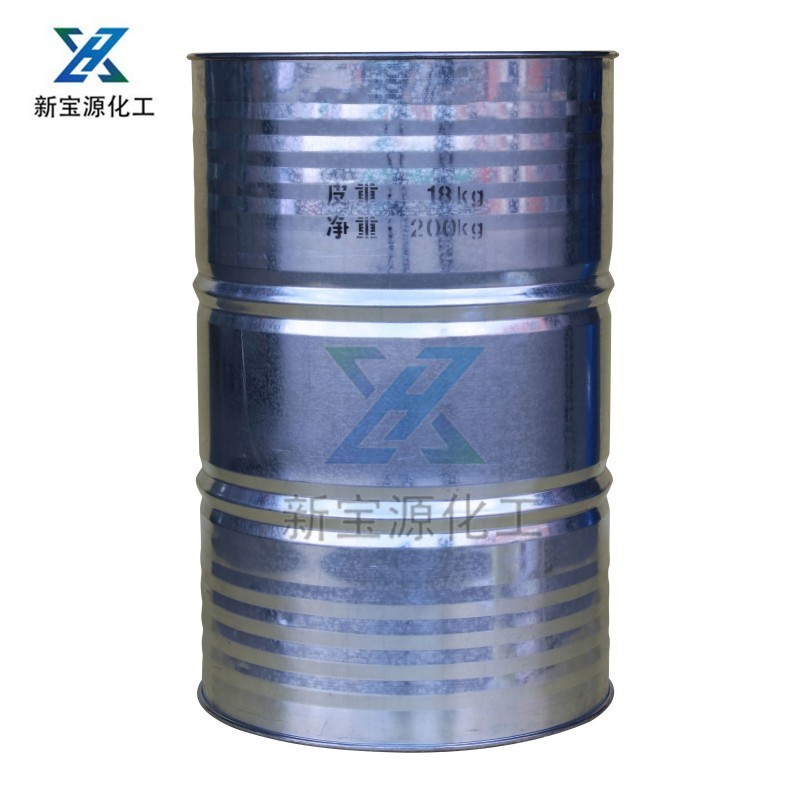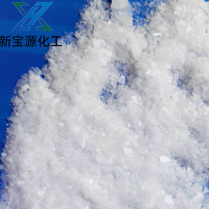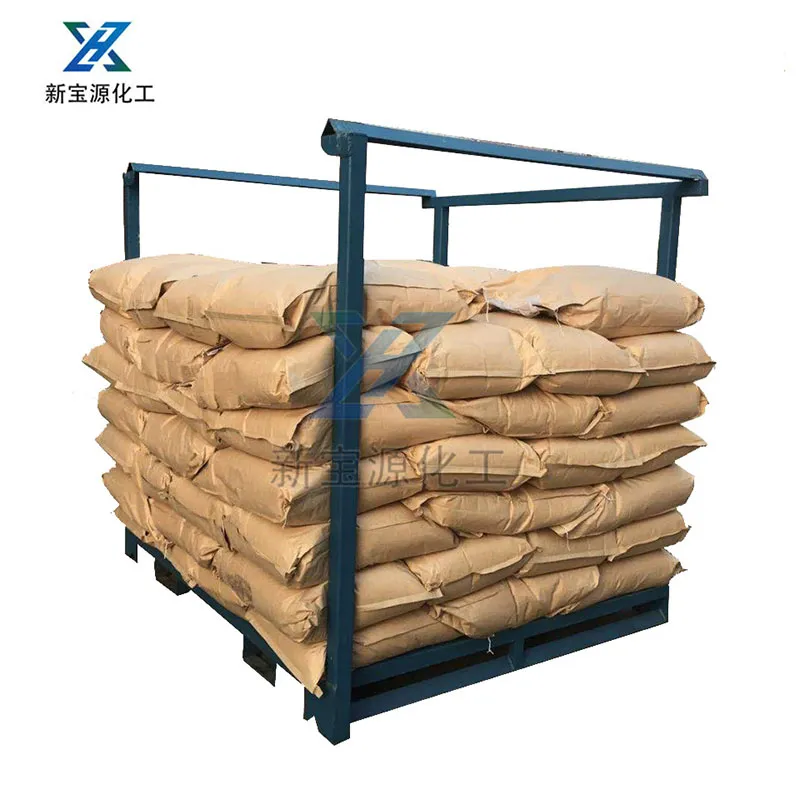Coating
Surfactants and industrial additives play a crucial role in the coating industry, significantly enhancing the performance and quality of coatings. Surfactants, or surface-active agents, are compounds that lower the surface tension between two substances, such as liquids and solids. In coatings, they improve wetting, spreading, and leveling properties, which are essential for achieving a uniform and smooth finish. By reducing surface tension, surfactants allow coatings to penetrate and adhere better to various substrates, including metals, plastics, and wood.
Moreover, surfactants help in stabilizing emulsions and suspensions, which are common in paint formulations. They prevent the separation of pigments and other components, ensuring consistent color and texture throughout the application process. Additionally, surfactants can enhance the durability of coatings by improving their resistance to water, chemicals, and UV light, thereby extending the lifespan of the applied finish.
Industrial additives, on the other hand, encompass a broad range of substances that modify the properties of coatings to meet specific performance requirements. These additives include thickeners, defoamers, anti-settling agents, and curing agents. Thickeners, for instance, help to control the viscosity of coatings, making them easier to apply and reducing drips and runs. Defoamers minimize the formation of bubbles during mixing and application, which can adversely affect the appearance and performance of the final product.
In summary, the incorporation of surfactants and industrial additives in the coating industry is essential for improving application properties, enhancing performance, and ensuring the longevity of coatings. Their ability to modify physical and chemical properties makes them indispensable in formulating high-quality coatings that meet the diverse needs of various industries.
Related Products
Nantong Xinbaoyuan Chemical Co., Ltd
Mobile:+86-15365502058 Manager Shang
Email:sarashang@jshaishihua.com.cn
Email:ntxby@jshaishihua.com.cn
Address:No.5 Furong Road, Haian Town, Haian City, Jiangsu Province










